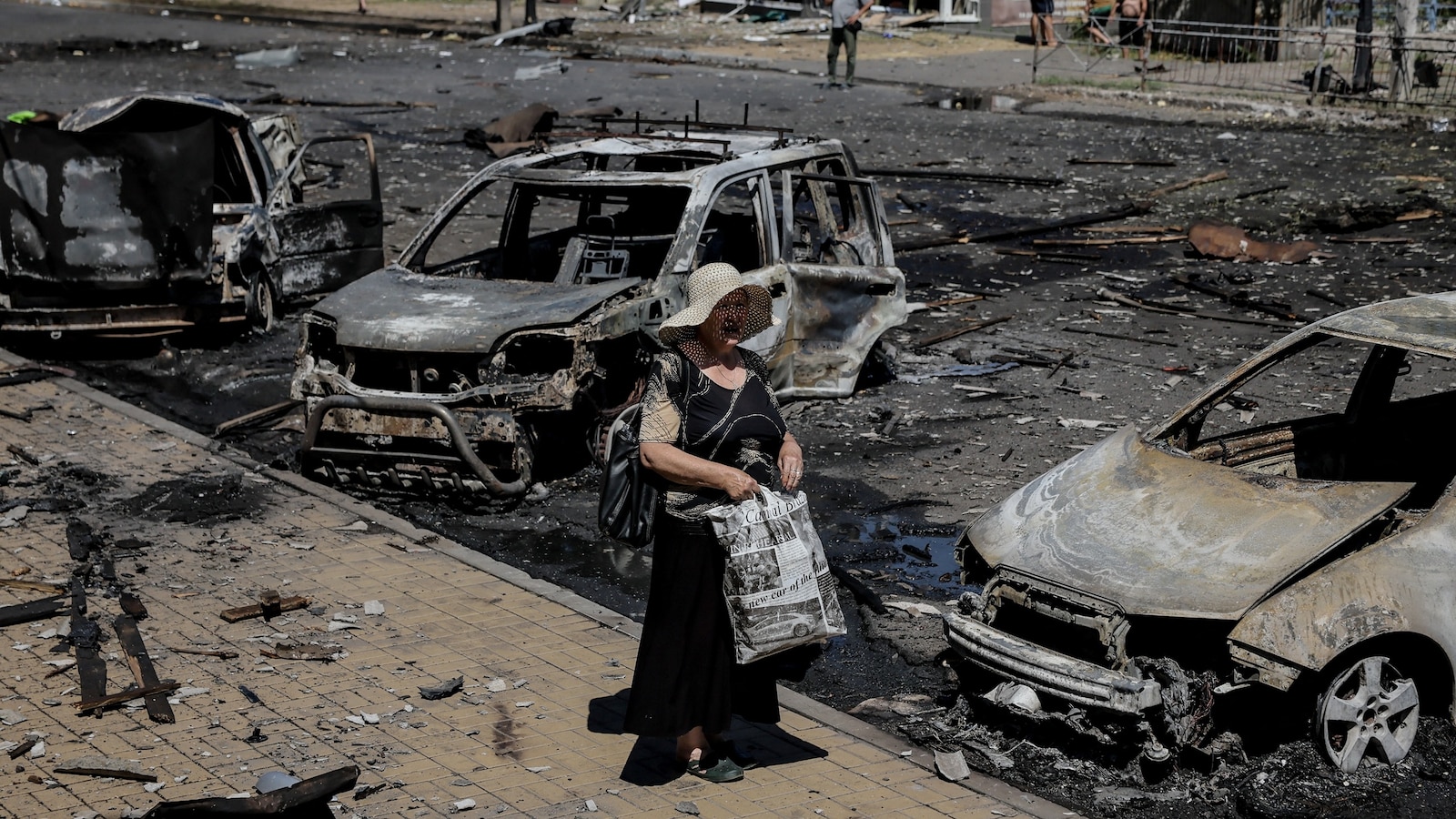T4K3.news
US pushes for Europe to embrace secondary tariffs on Russia
U.S. urges European allies to adopt tariffs on Russian oil to pressure Moscow amid ongoing conflict.

U.S. officials are pushing European allies to adopt secondary tariffs on Russian oil in response to the war in Ukraine.
US calls on Europe to support new tariffs on Russian oil
The United States is encouraging its European allies to implement secondary tariffs on Russian oil, according to U.S. Treasury Secretary Scott Bessent in a CNBC interview. Bessent emphasized the potential impact of up to 100% tariffs on Russian oil and urged European nations to follow suit. This push comes after President Donald Trump's announcement of severe tariffs on Russia unless it agrees to halt its military actions in Ukraine. He outlined that these tariffs, referred to as secondary tariffs, would penalize countries or companies that continue trading with Russia. If countries like China maintain their imports of Russian oil, they may face hefty tariffs on their exports to the U.S., making goods more expensive for American consumers. The strategy aims to decrease Russia's oil revenue, a critical funding source for its war, amid ongoing frustrations within the Trump administration regarding the lack of progress on peace talks with Moscow.
Key Takeaways
"I urge our European allies, who have talked a big game, to follow us."
This statement by U.S. Treasury Secretary Scott Bessent emphasizes the call for unity among allies in imposing tariffs on Russia.
"Tariffs that are about 100%."
President Trump described the severity of the proposed tariffs during a press conference, highlighting their potential impact.
"The Kremlin needs time to analyze Washington's message."
Kremlin spokesperson Dmitry Peskov acknowledged the seriousness of the U.S. tariffs, indicating a careful consideration of the implications.
"We call them secondary tariffs."
Trump's terminology reflects a strategic approach to target countries maintaining business ties with Russia.
The call for a united front on tariffs underscores the U.S. effort to unify its allies in response to Russia's actions. By pushing for secondary tariffs, the U.S. seeks to limit Russia's financial capabilities in its military endeavors, reflecting a comprehensive approach to international pressure. However, this strategy could lead to tensions within Europe, as different nations may have varying economic interests. Moreover, the response from Moscow indicates that this move could escalate economic hostilities, raising concerns about potential retaliation. Although the U.S. aims to apply pressure, the effectiveness of these tariffs will depend on the willingness of European nations to adopt similar measures and the overall impact on global oil markets.
Highlights
- Secondary tariffs could change the game for Russian oil exports.
- European allies must act to show unity against Russia.
- Tariff threats highlight the urgency of the Ukraine conflict.
- Pressure on Moscow hinges on international cooperation.
Potential Economic Backlash from Tariffs
Secondary tariffs may provoke economic strain on European allies reliant on Russian oil, creating divisions in the response to the Ukraine conflict.
The unfolding situation will test international alliances and economic strategies in a volatile geopolitical climate.
Enjoyed this? Let your friends know!
Related News
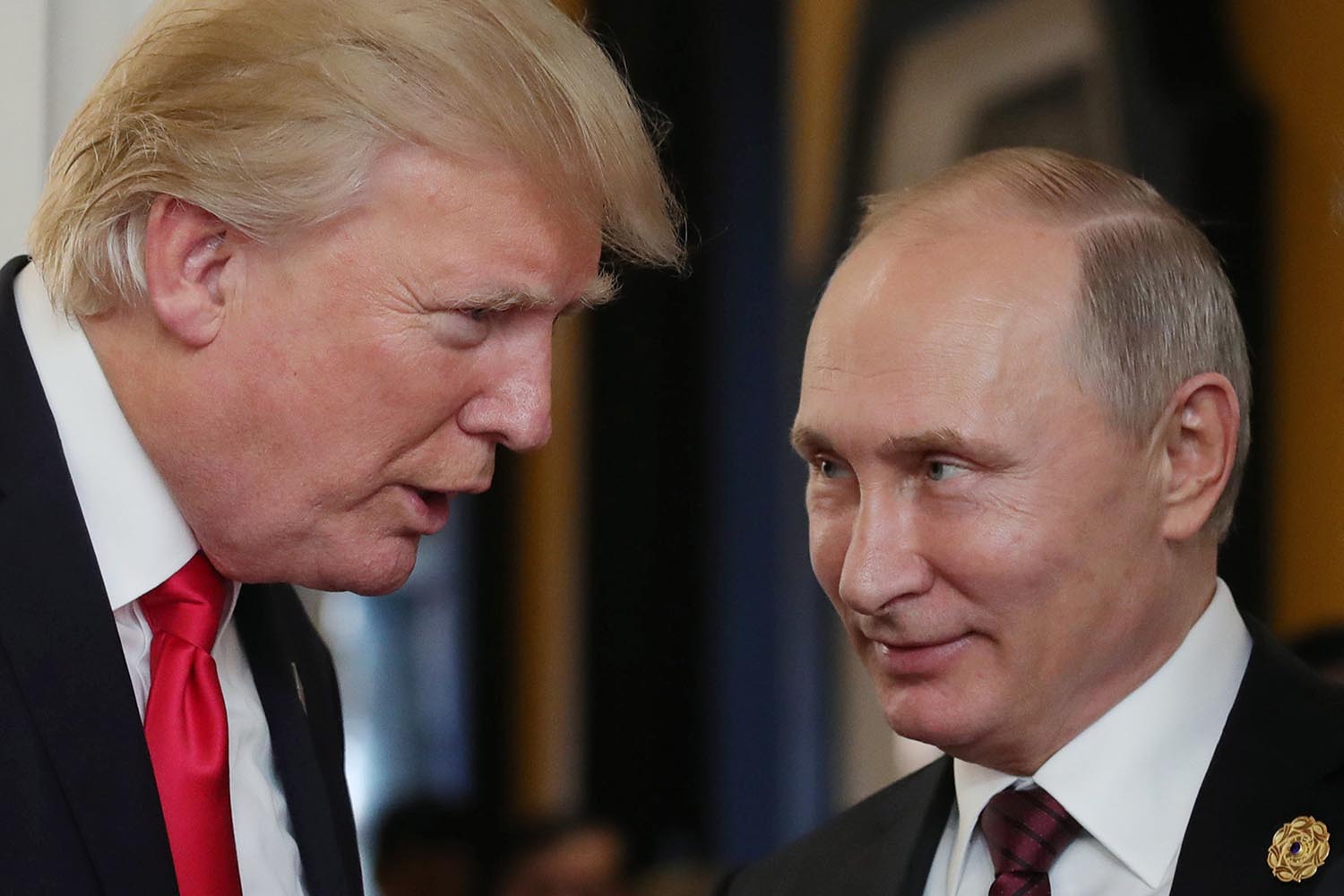
Trump escalates conflict with Russia over Ukraine
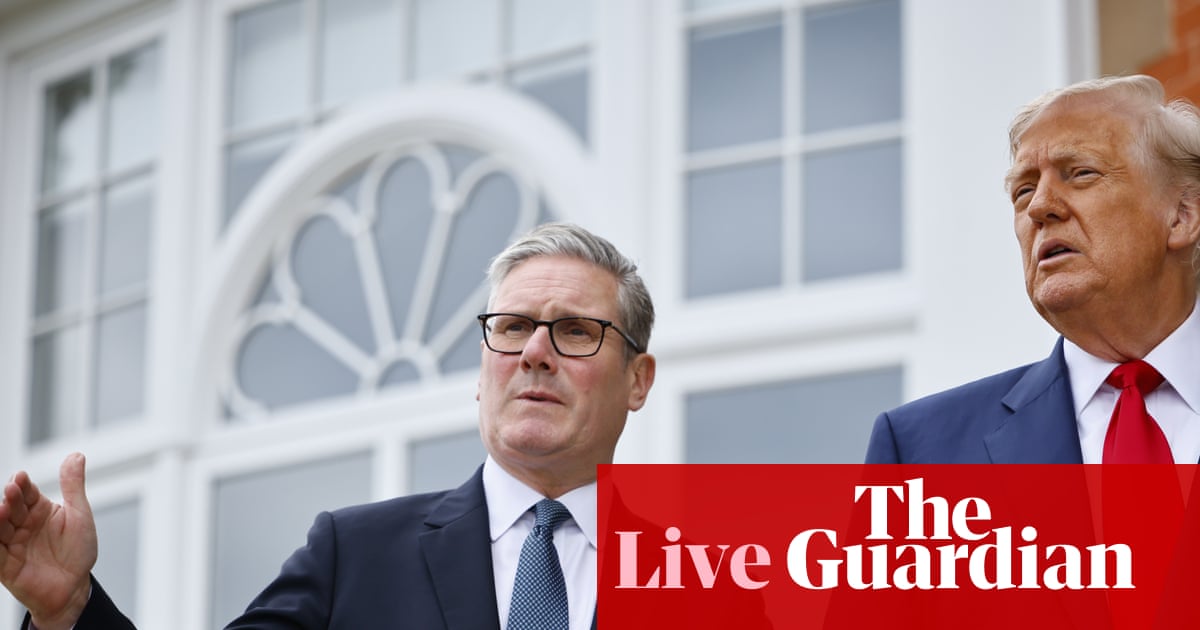
Trump considers reducing ceasefire deadline for Russia
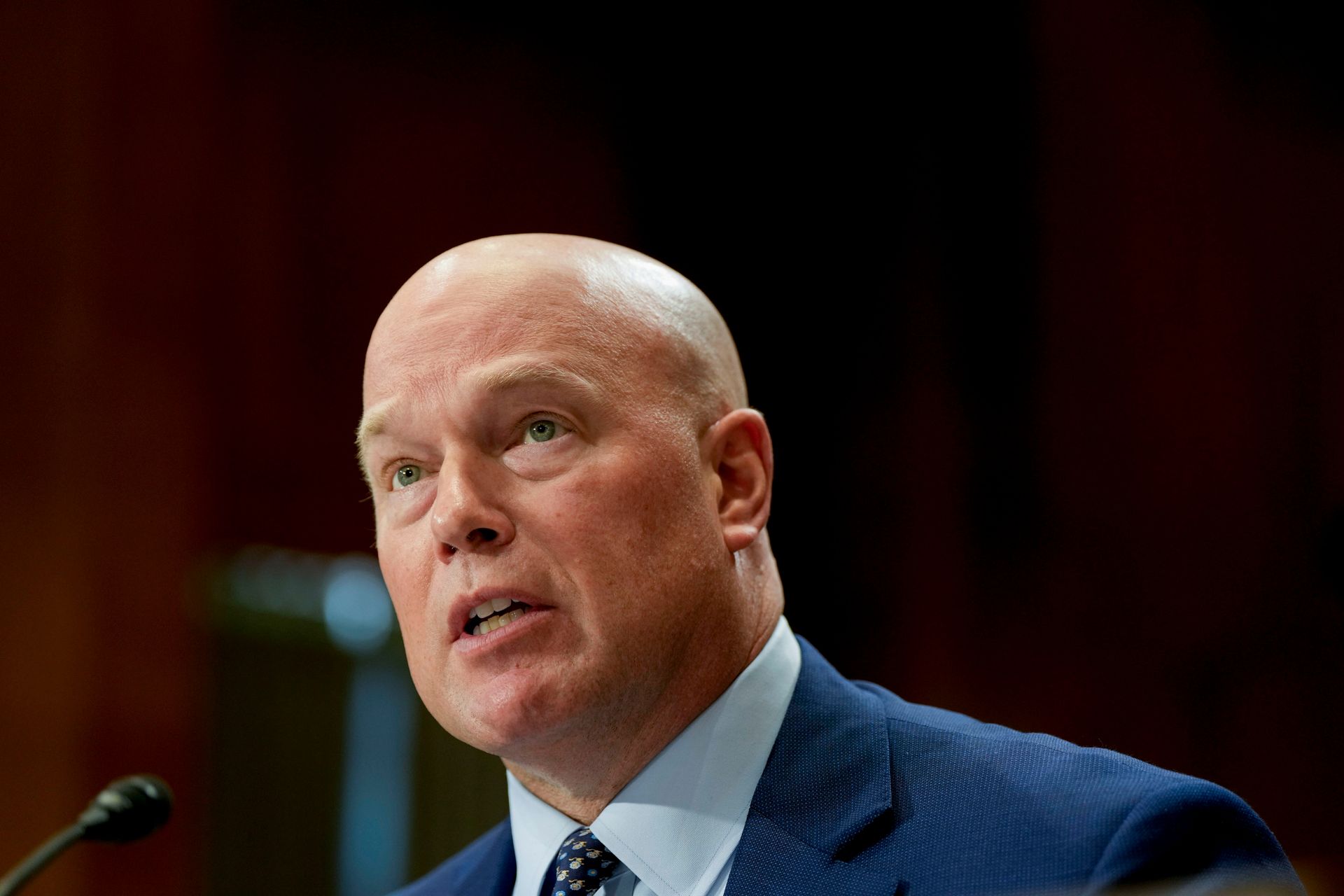
US NATO envoy warns China over Russia's support

Marjorie Taylor Greene criticizes Trump over Ukraine policy

Trump signals tougher stance on Russia in Ukraine conflict

Zelenskyy reports 22 killed in overnight Russian strikes
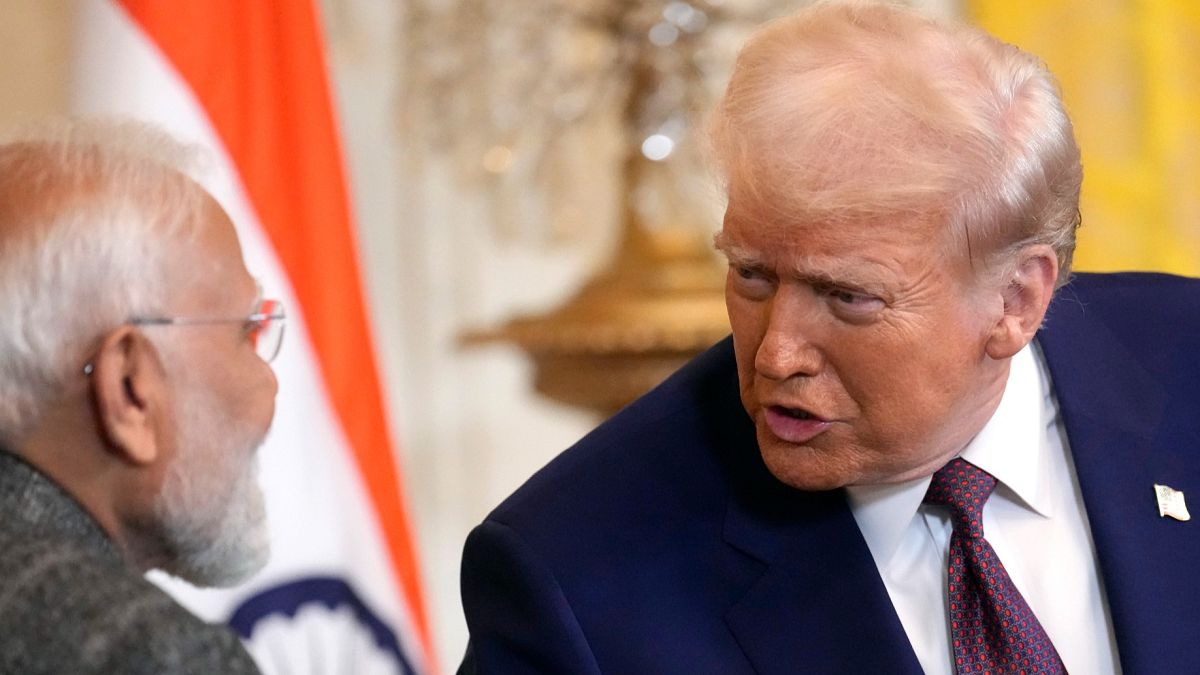
Trump announces new tariffs on India over Russian imports
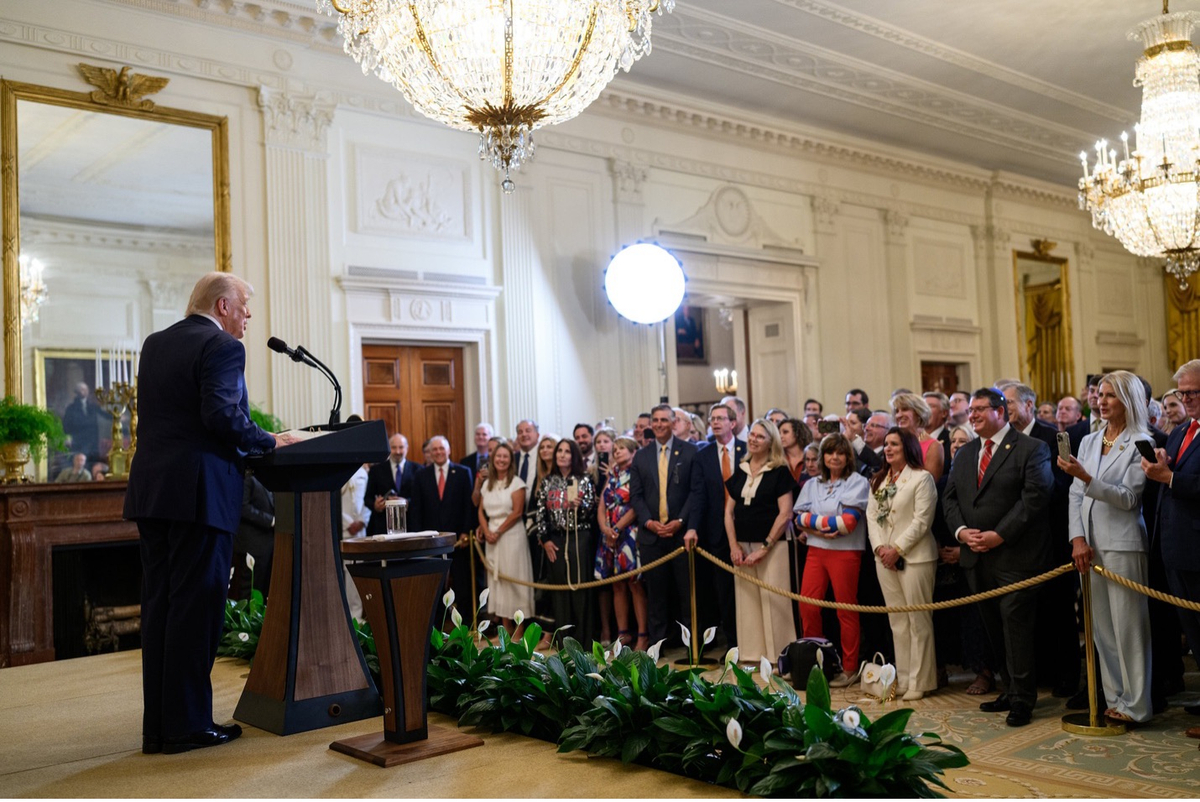
Congressional conservatives push for stricter sanctions on Russia
